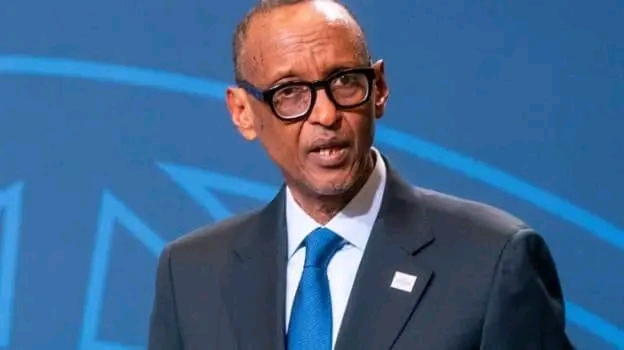By Ollus Ndomu
In a pivotal moment for Rwanda, the announcement has been made – the country is set to hold presidential and parliamentary elections in July of the coming year. President Paul Kagame, a prominent figure in Rwandan politics for nearly three decades, is poised to extend his rule over this East African nation.
The decision to hold both elections concurrently received robust support from the cabinet in March, aligning with Kagame’s proposal for this significant political move.
The political landscape in Rwanda has been evolving since the constitutional amendment in 2015, which removed term restrictions, opening the door for Kagame to potentially serve for another decade.
This forthcoming electoral event holds substantial weight, marking a continuation of Kagame’s influential leadership that has steered Rwanda through notable transformations.
Kagame, a key architect of Rwanda’s recovery after the 1994 genocide, has been a driving force in the nation’s development and progress.
As the country anticipates these landmark elections, the political stage is set for a dynamic and engaging campaign season. The prospect of Kagame’s extended tenure brings both challenges and opportunities, sparking conversations about continuity, stability, and the future trajectory of Rwanda.
Observers note that Kagame’s enduring popularity, coupled with the achievements during his tenure, will likely shape the electoral landscape. The July elections are expected to be closely watched both domestically and internationally, as Rwanda navigates this pivotal moment in its political journey.
The run-up to the elections is certain to be marked by vibrant political discourse, as citizens weigh in on the vision for Rwanda’s future. With the date set for July, the nation prepares for a democratic exercise that will undoubtedly influence the course of its political narrative for the years to come.


